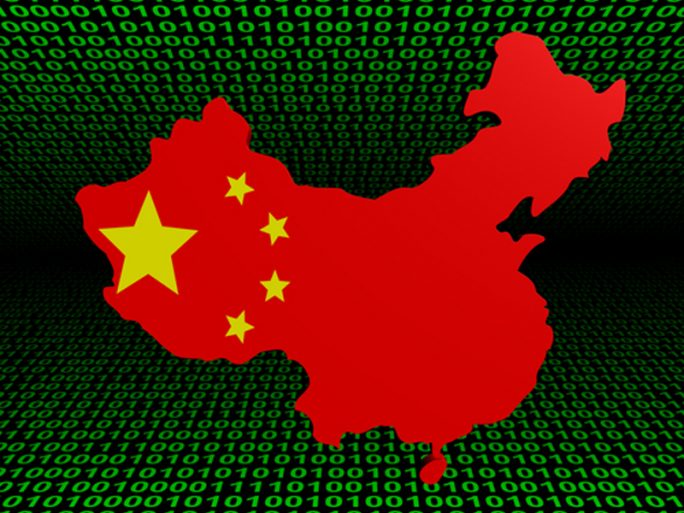China Urges Sweden To Reconsider Its ‘Wrong’ Huawei Ban

Beijing spokesman warns of ‘negative impact’ for China-Sweden trade, after Swedish watchdog bans Huawei and ZTE 5G equipment
China has issued a thinly veiled trade threat with Sweden, after its communications watchdog prevented Swedish operators from using equipment from Chinese vendors Huawei and ZTE.
The Swedish Post and Telecom Authority (PTS) on Tuesday imposed licence conditions for local operators looking to take part in its upcoming 5G spectrum auctions, ruling that any auction bidders must remove Huawei and ZTE gear from existing central functions by January 2025 at the latest.
The Swedish decision comes after assessments by the Swedish Armed Forces and security service, which called China “one of the biggest threats against Sweden.”

Wrong decision
And while on the surface that ruling could have been construed as good news for Sweden’s Ericsson or Finland’s Nokia, the reality is that Ericsson has already been selected to provide equipment to a number of Chinese mobile operators in that country.
The PTS decision puts those contract wins at risk of China following a similar strategy.
And this looked increasingly likely after China’s foreign ministry said that Sweden should reverse its ban on Chinese telecommunications companies Huawei and ZTE to avoid a “negative impact” on its own companies.
“China expresses strong dissatisfaction with Sweden,” foreign ministry spokesman Zhao Lijian, was quoted by Reuters as saying at a regular news briefing in Beijing on Wednesday.
“Sweden should uphold an objective and fair attitude, and correct its wrong decision, to avoid bringing a negative impact to China-Sweden economic and trade cooperation and the operations of Swedish enterprises in China,” Zhao reportedly said.
Don’t ban
Earlier this week a European trade group representing alternative telecoms operators, the European Competitive Telecommunications Association (ECTA), warned against banning Chinese telecoms equipment vendors for political reasons.
It said banning Chinese vendors would increase costs and delay network upgrades.
However industry consultant John Strand, known as an outspoken critic of Chinese vendors, challenged the ECTA’s position, saying Nordic operators Telenor, Telia and TDC had replaced Chinese equipment “without increasing cost”.
And European governments seems to be following the lead of the US, UK, Australia and New Zealand in ordering local operators to remove Huawei equipment.
European decisions
In the UK, Prime Minister Boris Johnson in July ordered all Huawei equipment to be purged completely from Britain’s 5G network by 2027.
Canada has also ‘unofficially’ excluded Huawei from 5G networks, by delaying a decision long enough to force local operators to exclude equipment from the vendor.
Germany last month announced it was aiming for tougher oversight of Huawei, but stopped short of an outright ban, as part of its strategy to handle ‘high risk vendors’.
Germany’s decision for tougher scrunity was opposed by local operators, and instead of an opting for an outright ban on Huawei, some experts feel that Germany is effectively going to strangle Huawei in red tape.
France meanwhile is reportedly considering informally excluding the Chinese vendor.
It comes after one of France’s largest mobile operators, Bouygues Telecom, confirmed in August it would remove 3,000 Huawei mobile antennas by 2028.
In July major Portuguese telcos (NOS, Altice and Vodafone) said they would not use Huawei kit for their 5G networks.
Huawei has also been sidelined in Norway, after Telenor confirmed last December that it has picked Sweden’s Ericsson as the key technology provider for its 5G network in Norway.
Last week Dutch telecom KPN also opted to use 5G equipment from Sweden’s Ericsson.
KPN had already decided last year not to use equipment from China’s Huawei.
Indeed, KPN became one of the first European operator to rule out Huawei when in April 2019 it reportedly said it would select a Western supplier to build its core 5G mobile network.